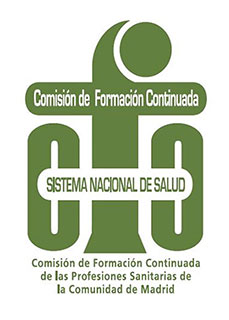Course in Conflict Management in the Health Field
REQUEST MORE INFORMATION

Training to manage and resolve conflicts
The increase in conflictive situations in work teams, due to their collateral effects, has raised the interest of the scientific community. According to recent studies, it can be affirmed that, increasingly, in the professional field, the emotional skills that determine the coping style of interpersonal conflicts take on greater relevance.
Along these lines, studies carried out in Spain affirm that the absence of corrective mechanisms aimed at influencing risk factors, as well as inefficiency in conflict management when it has already occurred, supposes a much higher cost than intervening for its prevention.
Curriculum
Conflict Management in the Health Field
1. Introduction: definition of conflicts
- What is a conflict.
- Conflict as an inherent part of being human.
- Understanding conflicts: people, processes and problems.
2. Detection of the causes
- Conflicts in a health team.
- Initial diagnosis of the conflict situation.
- Coping styles.
- Ways to approach the conflict.
- Transactional analysis.
- Communication: styles and barriers.
3. Conflict management methodology
- Mediation.
- Ways to resolve conflicts.
- Restructuring the dynamics of a relationship.
- Confrontation versus cooperation.
4. Conflict Map
- Concept
- Benefits of proper conflict resolution.
5. Conflict management: practicum (practical cases)
6. Practical cases.
Professors
 Montse Piorno Hernández
Professor
Montse Piorno Hernández
Professor
More Academic Info
Aimed at:
Objectives
- Know how to detect conflictive situations that may lead to conflicts.
- Detect resolution needs.
- Manage emotions in stressful situations.
- Know how to create a healthy personal environment.
- Train to manage and resolve conflicts.
Methodology
- The course is taught online through the Nebrija Global Campus virtual classroom.
- The teaching sessions, scheduled in a calendar previously sent to the students, are streamed live with the initial presentation of the professor, and the subsequent interaction with the students to answer questions and bring up clinical cases.
- Sessions and syllabus supported by slides.
- Teaching material and bibliography provided by the professors.
- Interactive forum.
- Student work: Exercises and resolution of practical cases in relation to an intervention studied in the course, with its later follow-up.
- Interactive personalized tutoring via email.


